On March 24, the Tsinghua University Center for International Security and Strategy’s youth initiative, CISS Youth, hosted the 12th installment of CISS Youth Voices, titled “Southeast Asian Foreign Policy Amid U.S.-China Rivalry.” The event featured Xu Jingzhi, a fourth-term member of CISS Youth, as the keynote speaker, with commentary by Fu Congcong, Associate Professor at Beijing Foreign Studies University’s School of Asian Studies. Strategic Youth member Lou Yu’ang moderated the session.
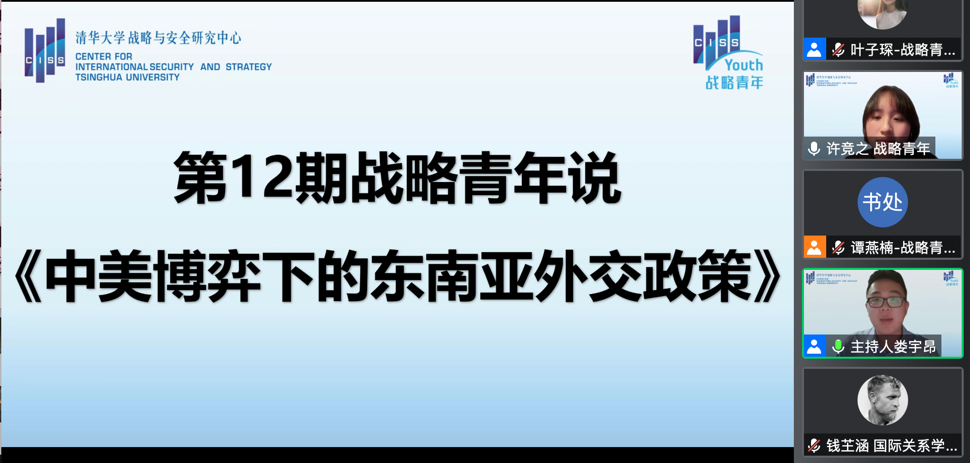
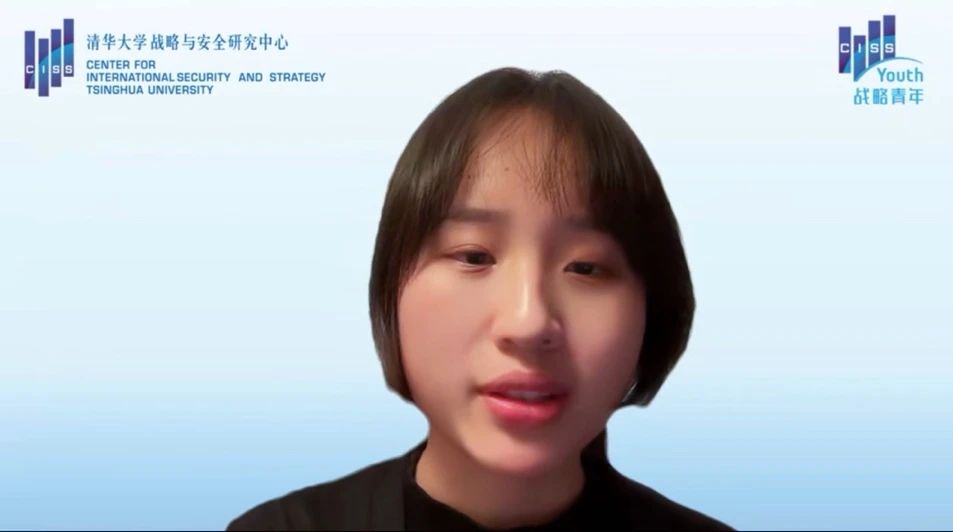
In her lecture, Xu Jingzhi focused on the foreign policies of Southeast Asian nations, particularly their adoption of hedging strategies. She introduced theoretical frameworks such as Kenneth Waltz’s balance-of-power theory, threat-balancing theory, and interest-balancing theory, which seek to explain competition and alliance-building among major powers in the current international system. Xu emphasized that while U.S.-China rivalry in Southeast Asia is intense, it is characterized by “competitive coexistence” rather than direct confrontation. Although the U.S. holds relative advantages in regional engagement, it lacks clear dominance. Under these conditions, analyzing the diplomatic strategies of smaller and medium-sized states is critical for understanding regional strategic balance and power dynamics.
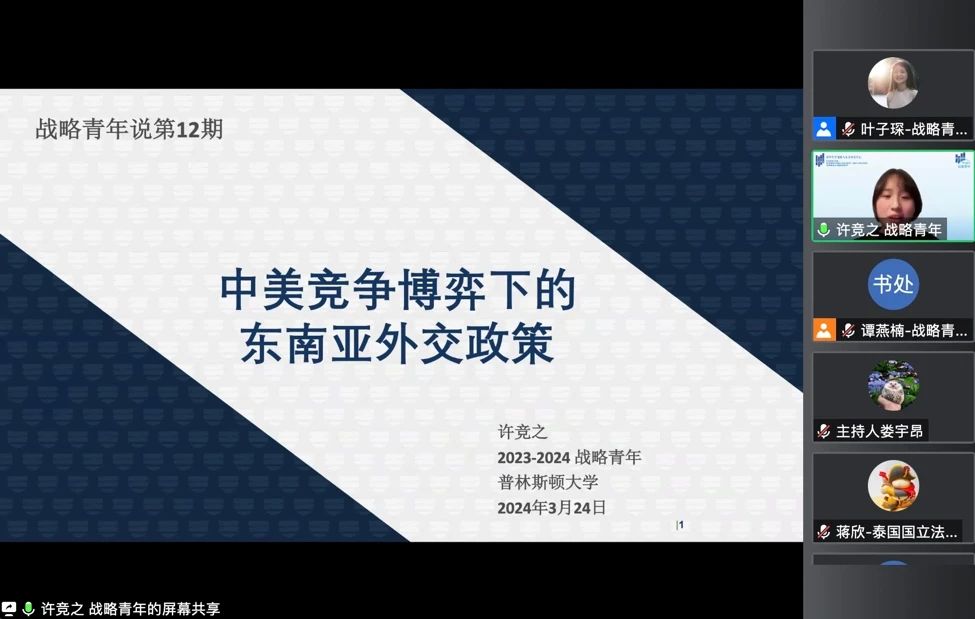
Using Malaysia as a case study, Xu highlighted how domestic politics influence Southeast Asian nations’ foreign policy adjustments. She noted that Malaysia maintains strategic autonomy amid U.S.-China competition, refusing alignment with either power and opting instead for hedging. She further explained that Malaysia’s frequent political transitions and domestic instability in recent years have significantly shaped its foreign policy shifts. Xu also delved into factors such as Malaysia-China military relations, the political influence of ethnic Chinese communities, and religious dynamics in shaping the country’s strategic choices.
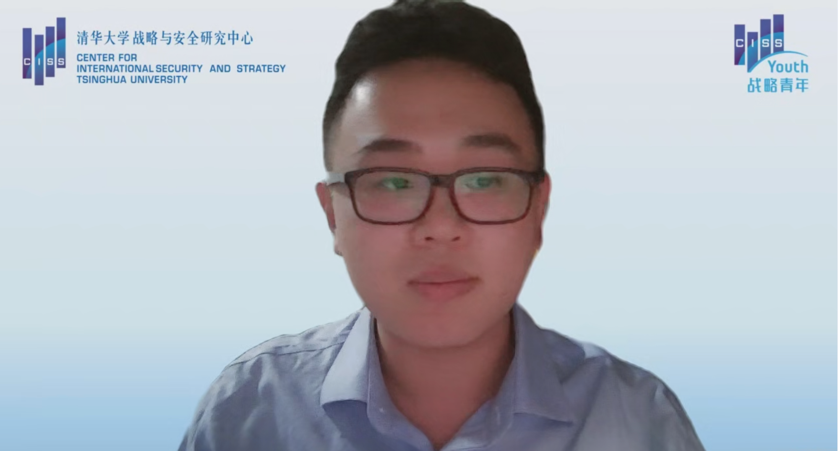

During the discussion, students including Li Yang (China Foreign Affairs University), Qian Duhan (University of International Relations), and Liu Yitong (University of Chicago Schwarzman College) raised questions on topics ranging from Malaysia’s demographic and religious statistics to theoretical interpretations of hedging strategies.
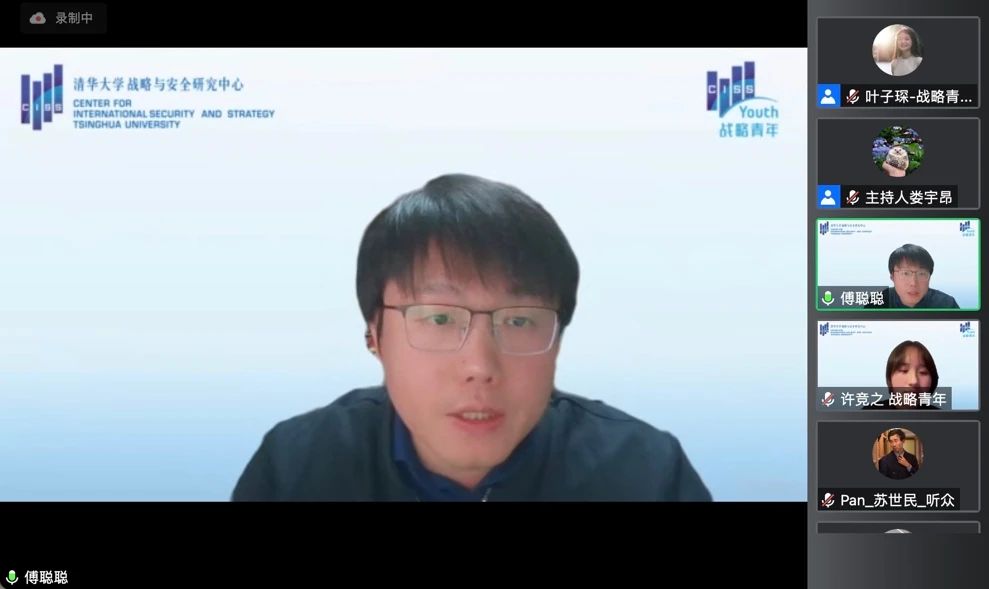
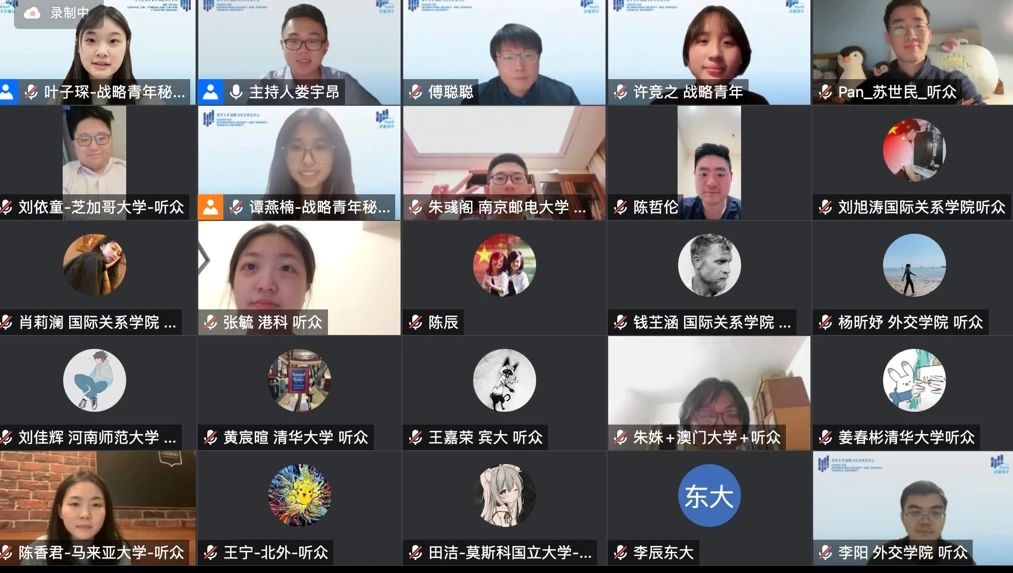
In her remarks, Professor Fu Congcong highlighted that 2024 marks the 50th anniversary of China-Malaysia diplomatic relations. She praised Xu’s focus on smaller Southeast Asian nations, noting Malaysia’s role as a coordinator for China-ASEAN relations and its leveraging of friendly ties with China. Fu encouraged participants to continue studying the foreign strategies of Southeast Asian countries and summarized existing theoretical frameworks and research in the field.
About CISS Youth: CISS Youth is a research-oriented exchange platform for young scholars and professionals in international affairs, operating under the guidance of Tsinghua University’s Center for International Security and Strategy (CISS). Organized and led by youth members, it fosters strategic vision and global perspectives through lectures, seminars, roundtables, and annual forums. The initiative identifies and supports outstanding individuals to participate in international forums, amplifying China’s narratives and perspectives on the global stage.
“Observing the Times, Amplifying Vision.” CISS Youth Voices is a knowledge-sharing and academic platform designed to encourage specialized debates among strategic youth. It sparks intellectual passion, facilitates idea exchange, and promotes the exploration of new insights and outcomes.
